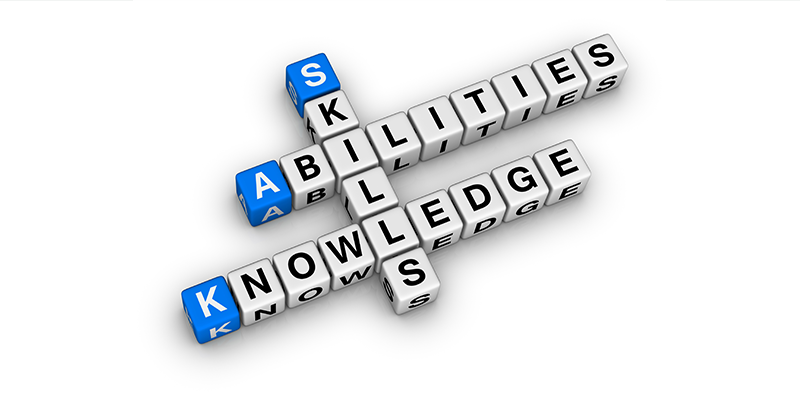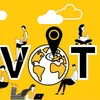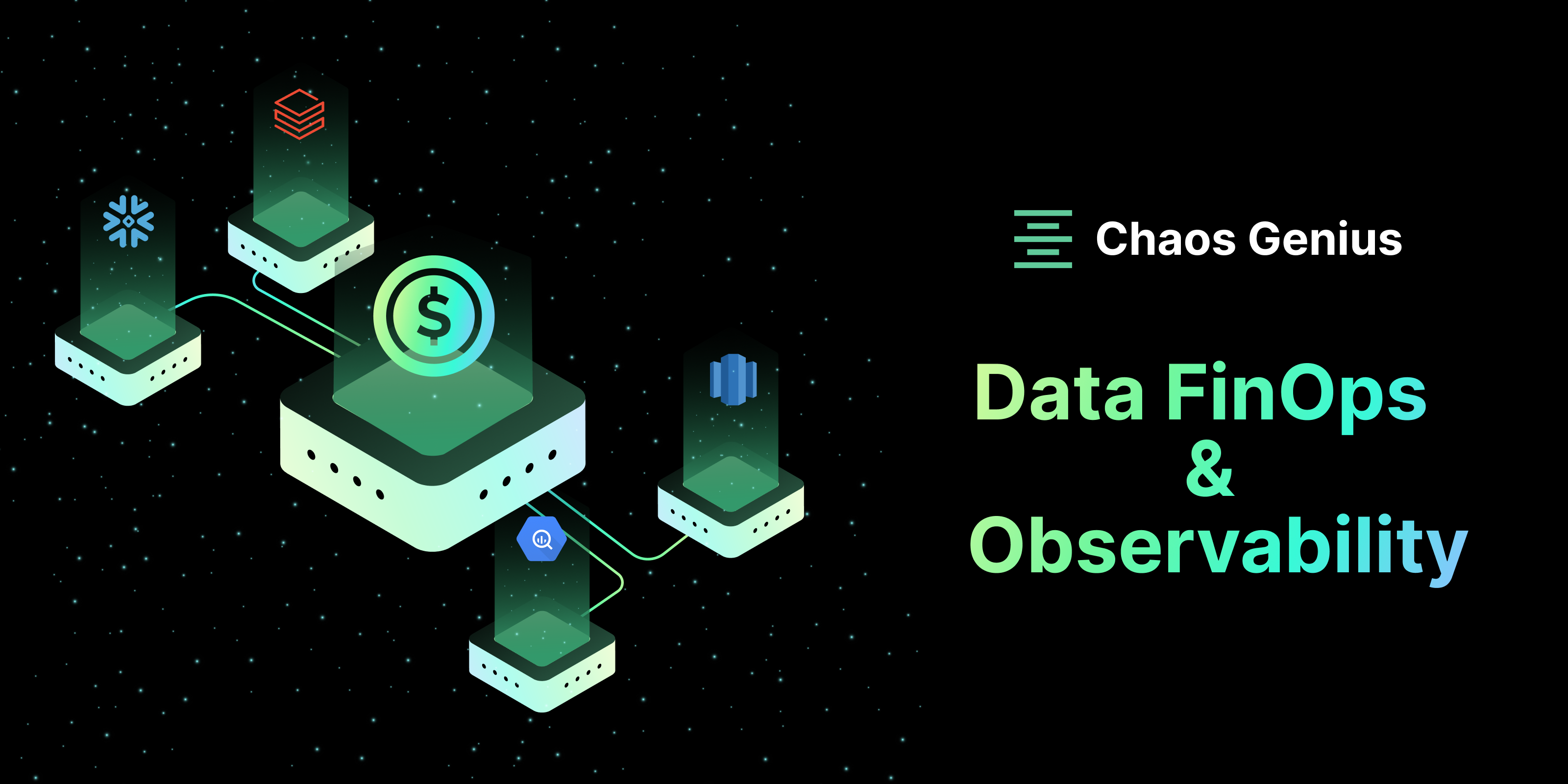Knowledge, learning, education: how MIKE award winner BINUS University builds resilience during the pandemic era
This interview with a winner of the Most Innovative Knowledge Enterprise award showcases the role of collaboration and digital education during the pandemic.
BINUS University is a winner of the MIKE Global Award for Knowledge and Innovation, 2020. The MIKE Award (Most Innovative Knowledge Enterprise) was presented virtually on February 25, 2021, at an online ceremony hosted by Vincent Ribière, Managing Director and Co-founder of the Institute for Knowledge and Innovation, Southeast Asia (IKI-SEA).
BINUS University is the only institution from Indonesia to win the Global MIKE Award three times in consecutive years (2018-2020), the Asian MAKE Study Winner three times, and the Indonesian MAKE Award Winner eleven times in a row from 2007 to 2017 (see earlier writeup here).
Bina Nusantara (BINUS) University traces its roots to the Computer Education Institute (originally named Modern Computer Course (MCC), which was founded in 1974 in a car garage). Today, BINUS University (BU) is a private higher education institution with over 30,000 students, active industry links with approximately 5,000 companies, and partnerships with more than 190 universities around the world.
Associate professor Elidjen is the Knowledge Management and Innovation Director at BINUS University. He joins YourStory in this in-depth conversation on BINUS University’s knowledge journey, pandemic experience, and emerging trends.
As media partner for the annual CII Global Knowledge Summit, see YourStory’s coverage of the editions from 2021, 2020, and 2019, and sessions takeaways from the earlier Bangalore K-Community meetups on case studies (HGS, Unisys) and Work From Home.
See also our profiles of the Most Innovative Knowledge Enterprise (MIKE) award winners: Dubai Municipality, EY, Tata Steel, Cognizant Technology Solutions, Afcons Infrastructure, Petroleum Development Oman, and Mobarakeh Steel Company (Iran).
Edited excerpts of the interview with Elidjen below:
YourStory [YS]: The pandemic led to a shift towards online education. Will this reverse as the pandemic eases, or will we see new developments in online education?
Elidjen: The COVID-19 has led to university shutdowns not only in Indonesia but all across the world. Learning that was previously carried out onsite must suddenly be done online using a digital platform that supports remote learning.
Almost all education inevitably has to change dramatically to adapt to providing education by e-learning to replace onsite learning. Institutions immediately made various adjustments to anticipate these changes. Indirectly, this condition not only accelerates education to adopt digital-based learning technology but also has become the largest "online movement".
Satya Nadela (CEO of Microsoft) emphasised: As COVID-19 impacts every aspect of our work and life, we have seen two years’ worth of digital transformation in two months.
Our knowledge and innovation management have helped us in this shift. For example, the self-developed BINUS LMS (Learning Management System), known as BINUSMAYA, helps lecturers in many ways. This includes management of course materials, learning outcomes, teaching and learning strategies, and assessment.
There are seven types of discussion forums: lecturers with students, lecturers with one-class students, lecturers with a group of students, lecturers with all students who take the same subject, all parallel classes, students and industry, and lecturers who teach the same subject.
BINUS University also developed its own LMS to support Binus Online Learning (BOL), which organises distance learning. We are now developing Mobile BINUSMAYA, Version 7. BINUS University's experience in applying blended learning by utilising BINUSMAYA over the decades facilitates the transition to 100 percent online learning systems.
Learning is also supported by the Library Knowledge Center (LKC), which functions as both a library and knowledge centre with print and online content. It offers research services and community forums as well.
BINUS University routinely organises webinars for participants across all our campuses. Sharing of knowledge is done through BINUS TV, a community-based streaming TV that has been operating since 2010. It offers 12 hours of broadcast time daily with High Definition (HD) broadcast quality.
I believe that a new hybrid model of education which supports the adoption of online learning will emerge, and continue to persist post-pandemic with significant benefits experienced while running the model. However, the supporting infrastructure needs to be built together with various parties to provide better education services in the future.
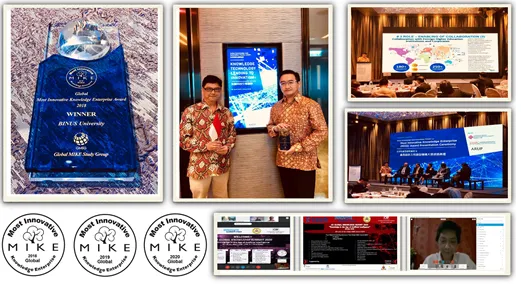
YS: As employees continue to work from home (WFH), how do you keep morale high, particularly for new employees? What fun or informal activities can be blended here?
Elidjen: BINUS University implements a ‘Team A – Team B’ model where two teams work alternately from the office and home each week, following the policies and rules set by the Indonesian government.
BINUS University always strives to keep all employees, lecturers, and students with high moral values and remain enthusiastic and able to adapt during the COVID-19 pandemic.
BINUS University provides various awards such as Innovation Award, Knowledge Management (KM) Award, Best Employee Award, BINUS Star of Excellence Award, Distinguished Service Employee Award, and Best Support Service Employee to outsourced workers, Best Teaching Award and Best Lecturer Award, and Student and Alumni Award to the Best Students and alumni.
BINUS University has also held a Website Award, Video-Based Learning Award, Interactive Learning Content Award, and MOOC Award since 2020. The awarding was carried out online in 2020.
In addition to the webinars described earlier, various knowledge-sharing activities are carried out to build engagement. These include BINUS Employee Engagement Program for New Employee and Lecturer, New Lecture Orientation Day, Training and Development Program, Town Hall Meetings, Human Capital Talk Series, Human Capital Workshop Series, People Spotlight, Career Week, Employee Assistance Program, and Three Wishes Programme (three wishes of the selected employees will be realised by BINUS University every year).
BINUS University also has an emergency response team to help employees experiencing disasters or health problems. We hold a series of BeSTAR Festival events consisting of various competitions and challenges that employees can enjoy in an informal and fun way. They include virtual walk, virtual run, virtual bike, virtual e-sport, singing competition, and Tik-Tok video singing challenge.
Exercise activities such as yoga, Zumba, and others are also carried out online through video conference tools to maintain employee fitness.
YS: What are some of your strategies to help lifelong learning of current and past students? For example, can those who graduated from engineering or business 10 years ago get refresher courses?
Elidjen: BINUS University conducts various systematic activity initiatives designed to create and maintain an environment for sharing knowledge. One of the initiatives is to conduct knowledge sharing through our webinars, which we started four years ago. The aim is to share knowledge with students spread across various campuses (ten campuses located in four provinces).
This also extends to students who take part in BINUS Online Learning (BOL), which organises distance learning across ten countries. University employees, alumni, and the public can take part as well.
In September 2014, BINUS University was listed as the first institution in Indonesia to provide digital learning content that can be accessed by the global community at iTunes U (iTunes University). In July 2015, access to digital learning content was also made possible via Udemy.
BINUS on Udemy MOOC platform has 191 courses (with ten topics each) and was accessed by more than 131,000 users as of December 2020. The self-developed MOOC Platform GreatNusa has also been used since early 2020 to deliver free MOOC to a global community.
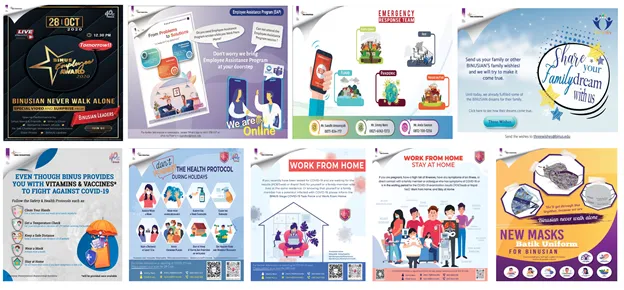
YS: What partnerships are emerging between book publishers and universities?
Elidjen: BINUS University collaborates with book publishers that have representatives in Indonesia, such as Pearson, Wiley, Cengage, SAGE, McGraw-Hill, Routledge, Bloomsbury, and Springer.
BINUS University in collaboration with these publishers provides support in the form of e-books to students and lecturers which can be downloaded through our LMS BINUSMAYA.
These publishers provide catalogues containing the latest books that make it easier for lecturers to find references that will help them make course outlines, online resources, course materials for each session, and supporting materials. These publishers also provide various kinds of teaching materials such as PowerPoint slides, case studies, test banks, and learning videos that make it easier for lecturers to make richer course materials.
YS: How do you sustain the momentum of your knowledge and innovation journey during times of uncertainty?
Elidjen: We always strive to sustain the knowledge momentum, even during tough times. This uncertainty does not dampen our intention to provide the best value we can provide for our stakeholders. We have carried out various innovative initiatives to maintain and increase satisfaction for both internal and external customers.
Our knowledge and innovation management systems, highly supported by technology, processes, and culture, have helped us in this shift.
YS: What are the key success factors for virtual collaboration? eg. designing a new curriculum, publishing a research paper.
Elidjen: The most important factor for success in virtual collaboration is the enthusiasm to collaborate in order to achieve predetermined goals.
In addition, the selection of the right collaboration tools with features that support and are user friendly also needs to be considered. BINUS University uses a wide variety of collaboration tools for different purposes, eg. Microsoft Teams for project collaboration, Microsoft SharePoint for organisational collaboration between employees.
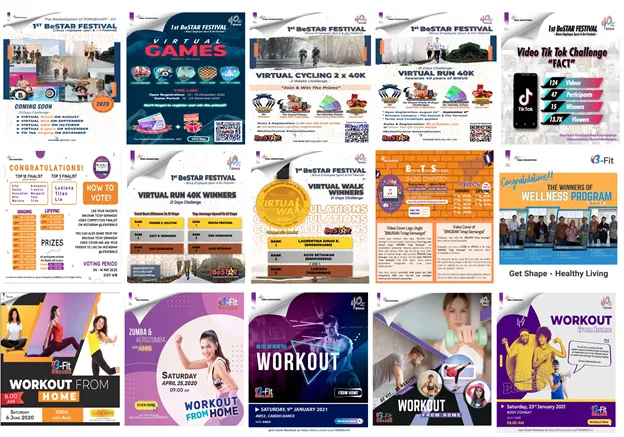
YS: As we enter a new decade, what are some emerging trends you see that will impact your knowledge journey?
Elidjen: The trend that AI-powered knowledge platforms are increasingly important to support insight-driven organisations is expected to have a significant impact on our knowledge journey.
The utilisation of KM has shifted from merely sharing and preserving knowledge to creating and deriving value from existing knowledge. Hence, we will continue to build a culture that can implement knowledge to provide added value to maintain a sustainable competitive advantage. At the same time, we will pay attention to the human side of knowledge management, which still plays an important role in addition to technology infrastructure.
Digital transformation is a necessity to remain relevant in the Industrial 4.0 era. Therefore we also put the prioritisation of KM within our digital transformation roadmaps. KM will remain a key focus area for digital transformation efforts.
Edited by Saheli Sen Gupta






